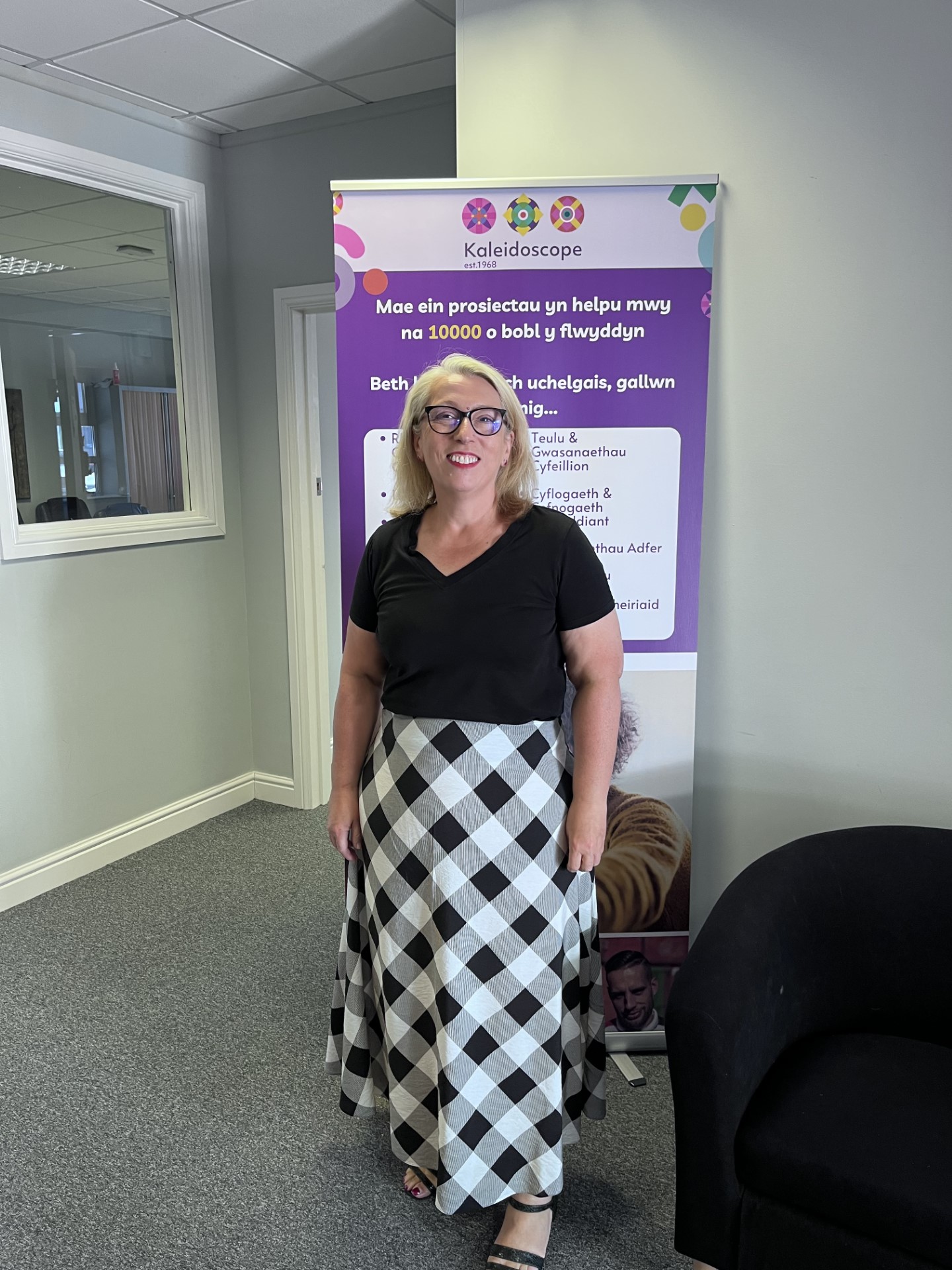
A visit to H17 in Copenhagen
11/12/2023
As the debate around DCRs is hotting up both in the UK, and in Kaleidoscope, I took the opportunity of visiting H17 whilst on holiday in Copenhagen. Here is what I observed…
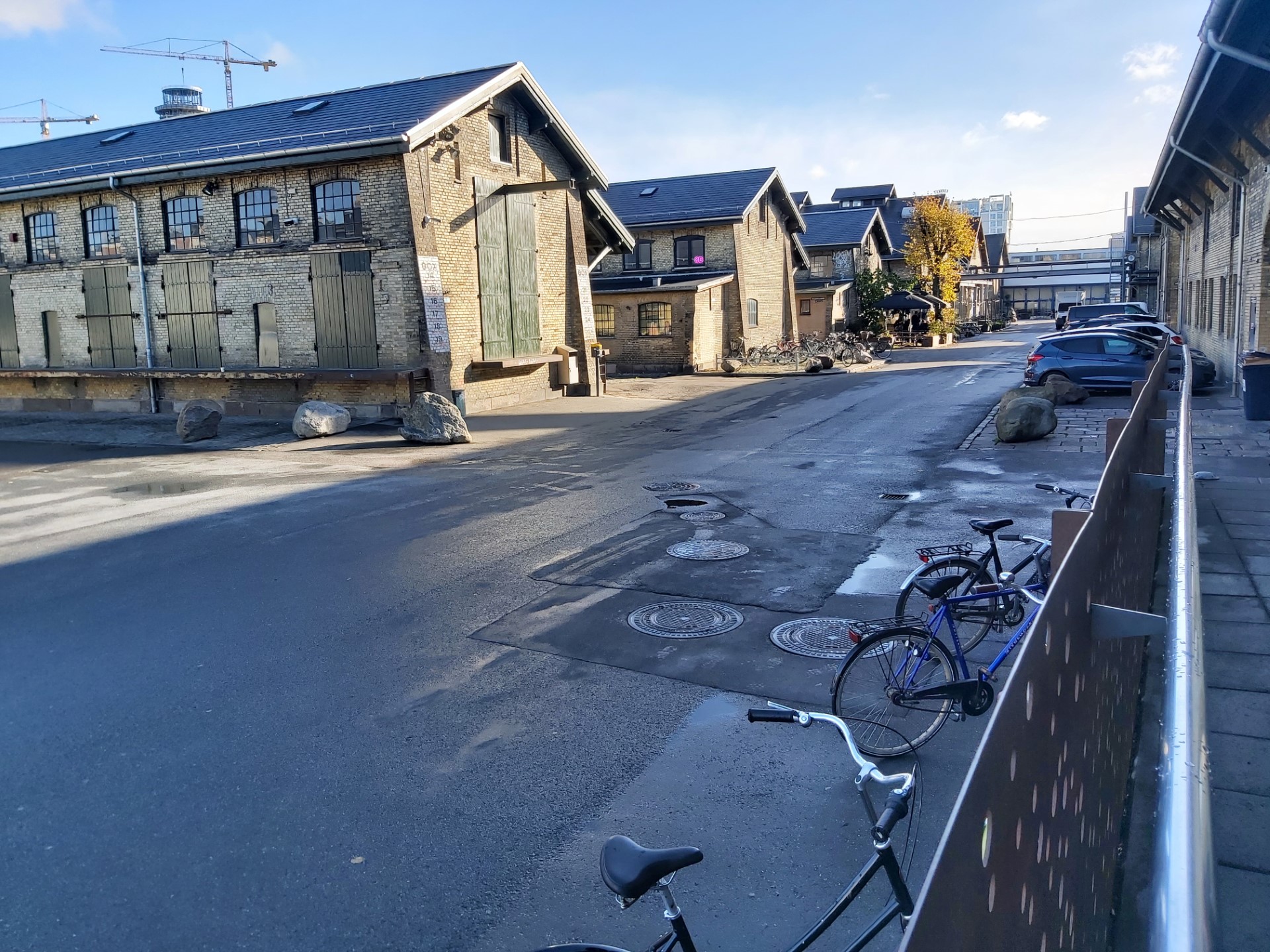
H17 is open almost 24/7 and is used by roughly 200 different individuals daily, who can smoke and/or inject their drugs. Denmark hasn’t outlawed smoking in very small venues, including cafes and bars. However, H17’s smoking rooms do have special filtration systems and staff are not allowed to spend any more than 3 minutes in them at any one time – given the drugs that are being consumed. H17 can host 5 injectors in one large room at any one time and uses its smoking room as a waiting area. There are 5 staff members, including 2 nurses, on duty throughout the day and night. Staff have access to an instant result drug testing facility if people give them a tiny sample of their drugs – they aren’t allowed to have this sample back.
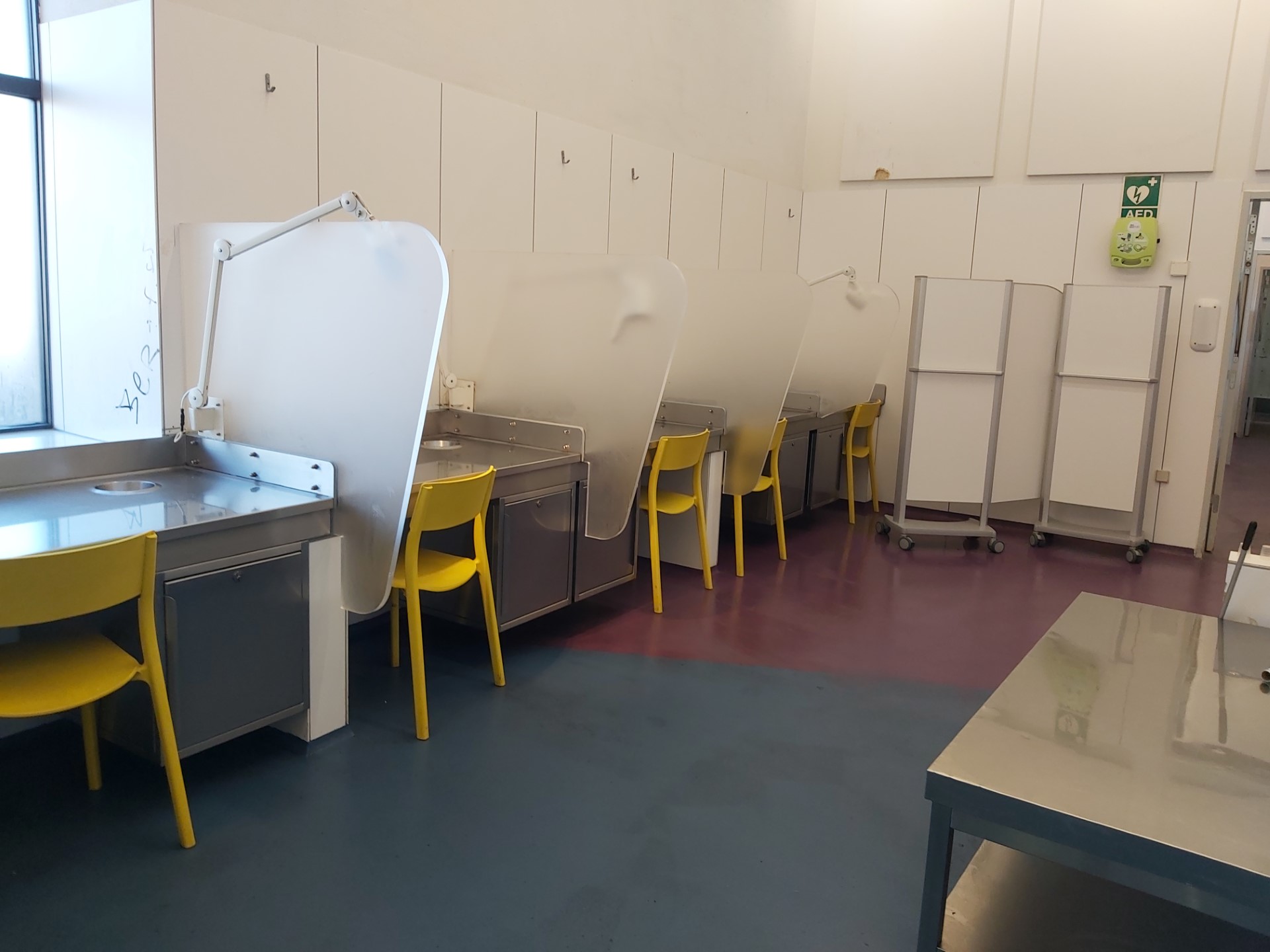
Staff tell me in the early days of operation they would have roughly 1 potential overdose situation a week. They report that now they have very few. They do experience disruptive behaviour, particularly in the smoking rooms, which people use as a waiting area.
You don’t need an appointment to access H17 and there aren’t any eligibility criteria. Individuals do have to register, in a similar way to a needle syringe exchange, and use these registration details on each visit. Their peak periods are afternoons and evenings and H17 notices busier periods around “payday”. It takes roughly 15 minutes to complete the injection process and individuals don’t tend to wait around after this. There is a separate “chill out” area, with yoga mats on the floor, which is used by people who have been on a 2 or 3 day binge.
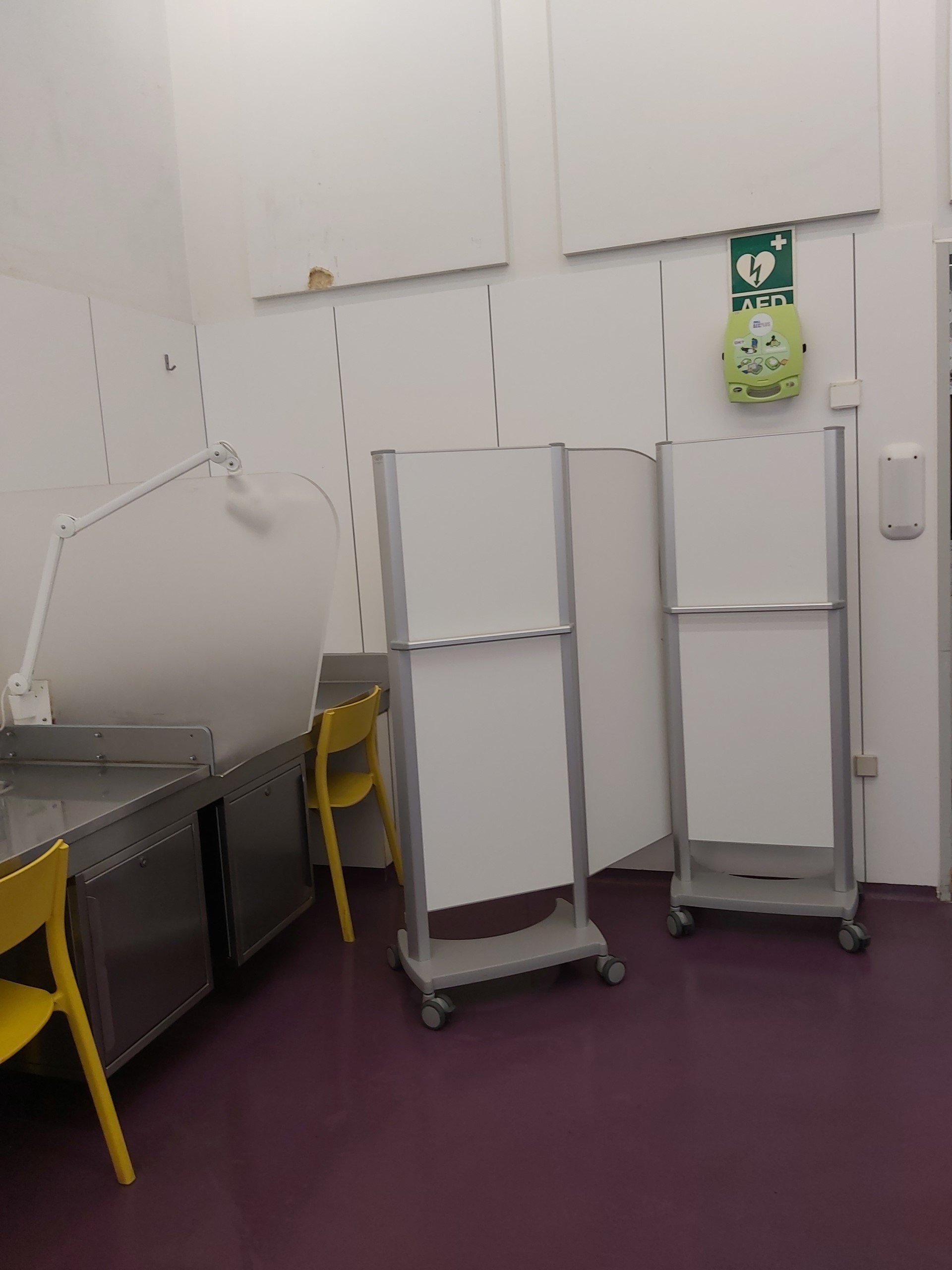
On my visit I met with the H17 podiatrist, who is considered one of the most valuable members of staff. Keeping your feet and nails clean, dry, and warm is particularly hard for people who are homeless, and this is of course worse in Copenhagen’s harsh winters. She has worked with people with diagnosed and undiagnosed diabetes, who experience neuropathy (loss of feeling in their feet) and are at risk of developing significant wounds and ulcers on their feet.
The H17 nurses support injectors to find veins, however they do not inject service users. Nursing staff also provide wound care and immunisations and vaccinations. Questions remain for us, in Kaleidoscope, about the role and position of Registered Nurses in injecting rooms. My task, as Clinical & Governance Director, is to explore this further.
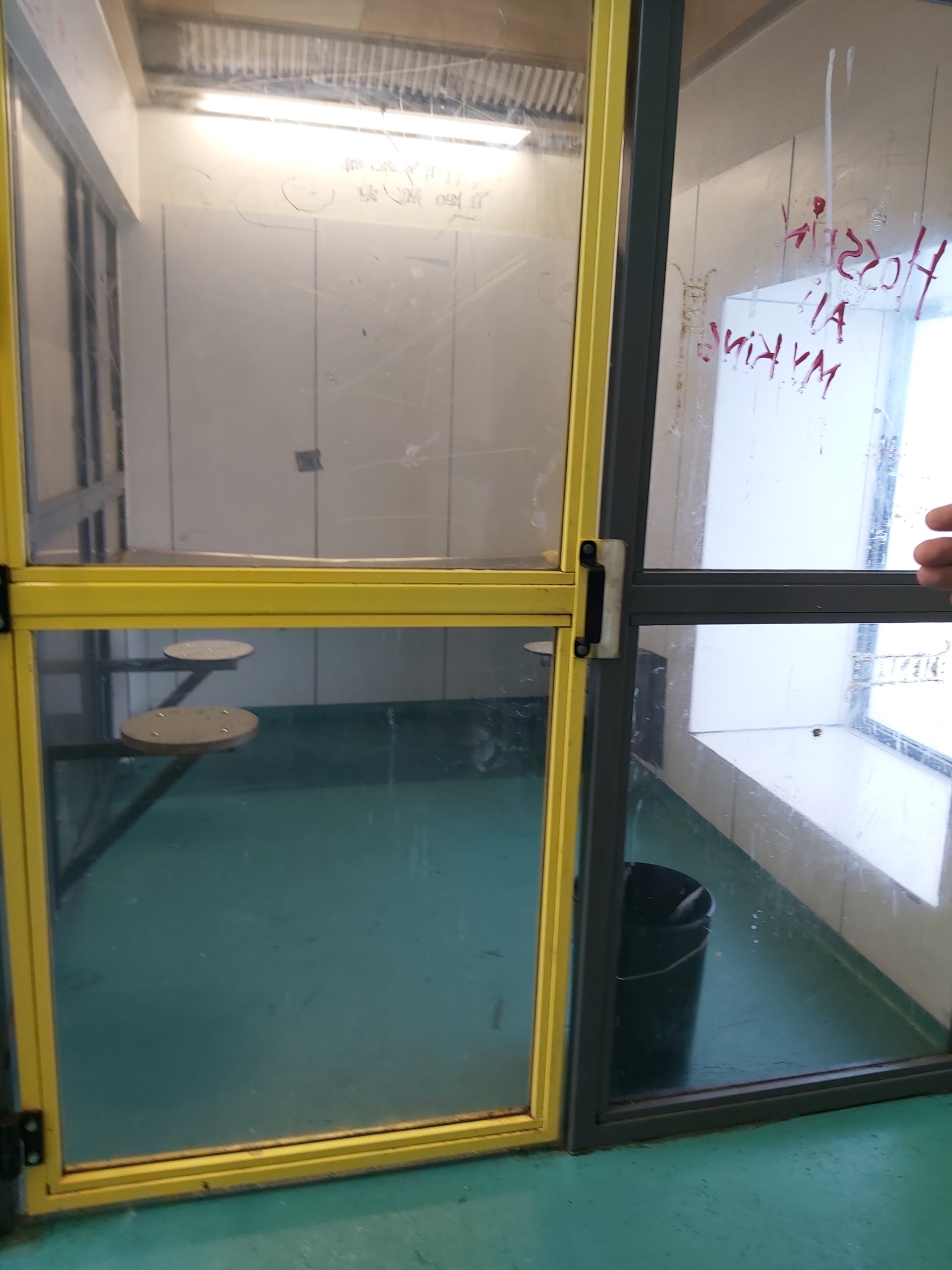 It is important to say that H17 is funded by the Copenhagen local authority, and staff told me it was developed as the community began a process of regeneration and wanted public injecting eradicated. I asked staff why people would want to come into the building, as it is not particularly welcoming or homely. It is however dry, warm and clean; the importance of which is easy to underestimate unless you have experienced homelessness yourself. Service users also report that they don’t feel judged by the staff, or the H17 community, so they are able to feel some sense of dignity.
It is important to say that H17 is funded by the Copenhagen local authority, and staff told me it was developed as the community began a process of regeneration and wanted public injecting eradicated. I asked staff why people would want to come into the building, as it is not particularly welcoming or homely. It is however dry, warm and clean; the importance of which is easy to underestimate unless you have experienced homelessness yourself. Service users also report that they don’t feel judged by the staff, or the H17 community, so they are able to feel some sense of dignity.
This was a great opportunity to see a DCR in operation and it will help Kaleidoscope’s consideration of next steps in opening what is likely to be an Enhanced Harm Reduction Centre (EHRC) in Wales.
Lisa Kieh
Clinical & Governance Director
Kaleidoscope
